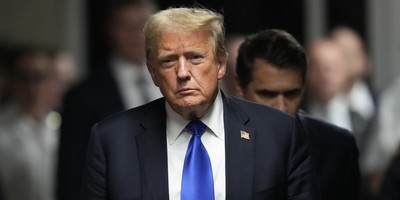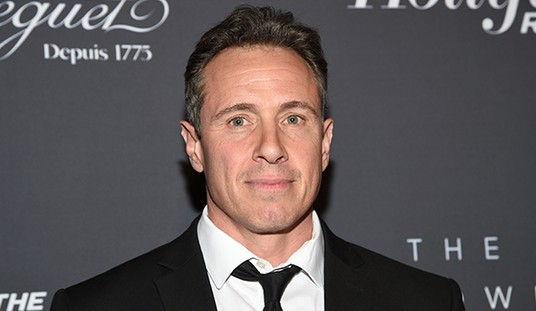In 1989, John Shuler of rural Dupuyer, Montana, heard grizzly bears outside his house; fearing they would kill his sheep, he grabbed his rifle and ran into the night. The good news is he survived his encounter with four grizzly bears, as did his sheep. The bad news is his lawyers spent eight years and a quarter of a million dollars to get him acquitted of charges that he violated the Endangered Species Act by killing one of those bears. Early on in that legal battle, the federal government ruled that, although Shuler justifiably feared “death or serious bodily injury”—the test for a self-defense claim—he had no right to arm himself and enter into what the government called “the zone of imminent danger.”
That conclusion conflicted directly with an 1895 opinion of the U.S. Supreme Court, in which, quoting authority, the Court ruled, “Where an attack is made with murderous intent . . . the person attacked is under no duty to flee. He may stand his ground, and, if need be, kill his adversary.” Moreover, the government’s view of Shuler’s right to arm himself and confront danger conflicted with the ethos of the American West, a vast area from the midst of the Great Plains to the Cascades, from Canada to Mexico.
In the West, the virtues of individualism, independence, self-sufficiency, and self-governance yield, not only a strong distrust of government, but also a citizenry that forms the bedrock of America’s gun culture. Their State constitutions go further than does the U.S. Constitution as to their right to “keep and bear arms”; their laws include “make my day,” “castle doctrine,” and “stand your ground” provisions; and their supreme courts interpret broadly the right of self-defense outside the home. Little wonder then, that the story that captivated the Nation last December of a voluntary security guard who saved scores of churchgoers by shooting a heavily armed killer took place in the heart of the West—in Colorado Springs, Colorado. “[I]t was me, the gunman, and God,” she humbly proclaimed.
Recommended
Washington, D.C. may only be 1,500 miles from Colorado, but it is light years away in the distance that separates the two cultures. In fact, Washington proves the truth of the ubiquitous western bumper sticker, “When guns are outlawed, only outlaws will have guns.” For while Washington has had, since 1975, perhaps the Nation’s most stringent gun control laws and boasts more law enforcement officers per capita than any other city, it annually competes for and often wins designation as the Nation’s “Murder Capital.” No wonder that, for decades, law-abiding Washingtonians complained that they may not keep weapons in their homes to provide effectively for their own self defense.
One of those was Dick Anthony Heller, a District of Columbia special police officer permitted to carry a handgun while on duty but barred from keeping a gun in his home for self-defense. When his application to do so was denied, he sued under the Second Amendment. After his lawsuit was dismissed by the district court, the U.S. Court of Appeals reversed in March 2007. Last November, the U.S. Supreme Court agreed to decide whether the Constitution protects, as the Court of Appeals ruled, an individual right to keep and bear firearms unrelated to militia operations.
Scores of briefs will be filed and the March arguments watched closely. Nowhere will the Court’s likely June ruling be more anxiously anticipated or closely scrutinized than in the West. For westerners believe what the Founding Fathers believed, that they have the right to keep and bear arms to defend themselves and loved ones from danger and their society from tyranny. While westerners may abide the Court discovering new rights in the shadows of the Constitution (its famous “penumbras”), westerners will not accept the Court destroying a right that has been so clearly in the bright light of the Bill of Rights since 1791.

























Join the conversation as a VIP Member